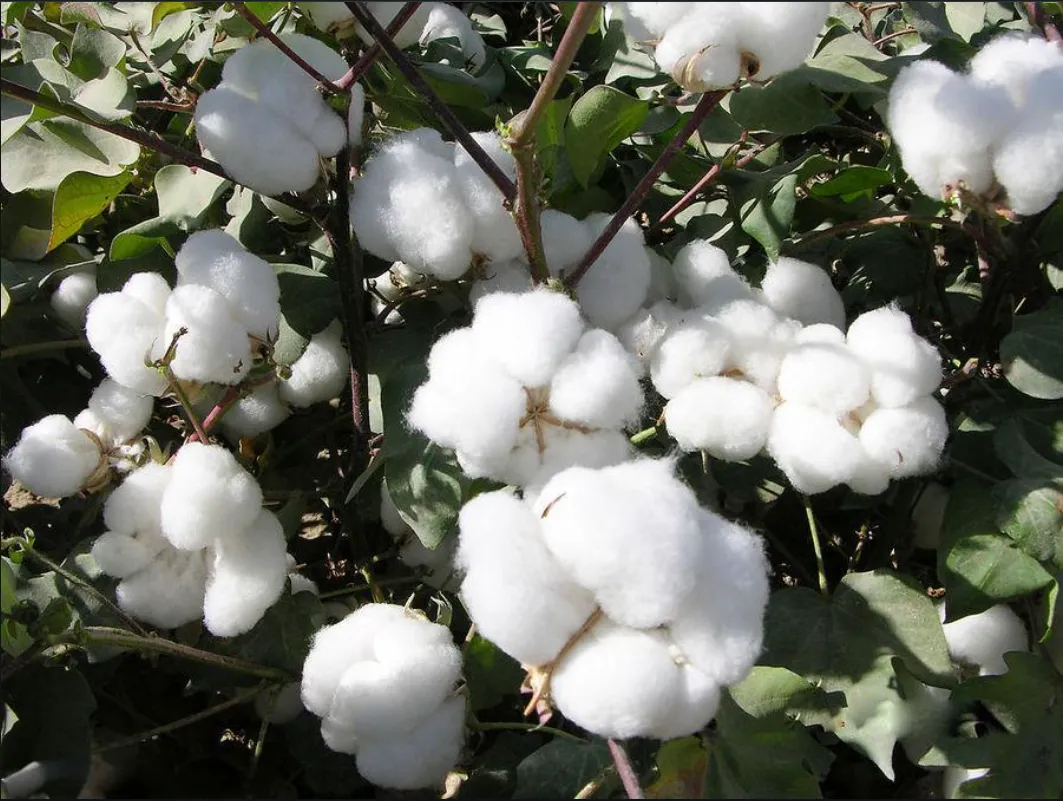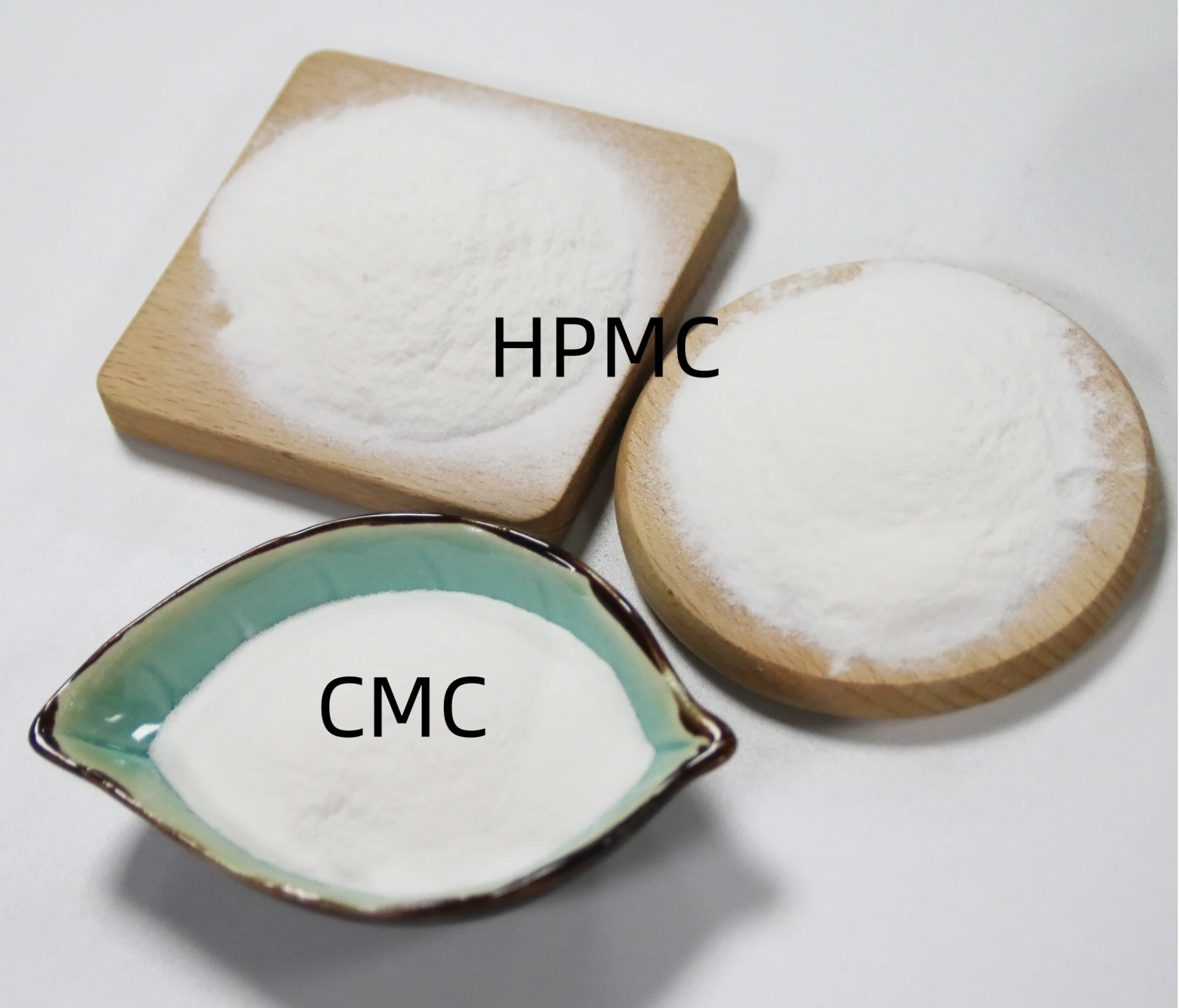
different types of cellulose
Cellulose, one of nature's most abundant biopolymers, plays a crucial role in various industries, ranging from textiles to food products. Understanding the diverse forms of cellulose can provide businesses with unique opportunities to innovate and optimize their product offerings.

Crystalline cellulose is one of the most structured and organized types of cellulose. It is derived from plants and preferred for its strength and resistance to chemical attacks. This form is most commonly used in pharmaceuticals as an excipient, where it helps in the controlled release of active ingredients. Its robustness also makes it ideal for use in the production of biodegradable food packaging, offering an eco-friendly alternative to conventional plastic.
Amorphous cellulose, on the other hand, lacks the rigid crystalline structure, resulting in a more flexible material. This flexibility makes it valuable in manufacturing lightweight and durable materials. In the textile industry, amorphous cellulose is used to produce garments that require a balance between form and comfort. It also serves a key role in the paper industry, where its binding properties are exploited in creating paper products with enhanced durability.

Another intriguing type is microfibrillated cellulose (MFC), recognized for its exceptional mechanical properties and high surface area. MFC finds its applications in the construction industry, where it reinforces materials like concrete, contributing to structural integrity while reducing the overall weight. In the cosmetic industry, MFC is valued for its ability to stabilize emulsions, thereby enhancing the texture and longevity of premium skincare products.
Nanocrystalline cellulose (NCC) is a field of growing interest due to its nanoscale dimensions and unique properties, such as high strength and low density. In the biomedical sector, NCC's biocompatibility and customizable surface chemistry make it an attractive option for drug delivery systems and tissue engineering scaffolds. Furthermore, in electronics, NCC's dielectric properties are being harnessed to develop innovative and sustainable components for flexible electronics.
different types of cellulose
The versatility of cellulose is further expanded with bacterial cellulose, produced by certain bacterial strains. Its ultra-fine network and high purity make it suitable for a variety of niche applications. In the food sector, bacterial cellulose is used as a thickening agent or stabilizer, enhancing the mouthfeel of products like yogurt and dessert items. Additionally, its hypoallergenic and pure nature allows for its usage in wound dressings, promoting healing through moisture retention and bacterial barrier properties.
Lastly, cellulose acetate presents yet another dimension of application possibilities. Created through the esterification of cellulose, cellulose acetate is a key component in the production of eyeglass frames, offering an ideal balance between flexibility and durability. It also finds a place in the creation of cigarette filters due to its selective filtration capabilities, contributing to the reduction of harmful components in tobacco smoke.
The exploration of different types of cellulose underscores its fundamental role in advancing sustainable practices across diverse industries. By capitalizing on the specific properties of each cellulose type, companies not only enhance their product offerings but also contribute to environmental well-being, establishing themselves as leaders in both innovation and sustainability.
Educating consumers and industry stakeholders about these varieties reaffirms a commitment to eco-friendly and efficient resource utilization. This knowledge-driven approach ensures that businesses remain competitive and authoritative in their respective fields, further strengthening trust among their clientele while adhering to global sustainability goals.
-
MHEC Cellulose Premium Additive | Enhanced Industrial UsesNewsAug.01,2025
-
Antifoam & Defoamer Solutions | Fast Foam ControlNewsAug.01,2025
-
Hydroxyethyl Cellulose for Paint - Superior Thickening SolutionsNewsJul.31,2025
-
Low Substitution - Hydroxypropyl Cellulose for Enhanced DissolutionNewsJul.30,2025
-
High Performance Gypsum Retarder Chemical for Plaster IndustryNewsJul.30,2025
-
High-Quality VAE Powder for Construction & Adhesives SolutionsNewsJul.29,2025





















